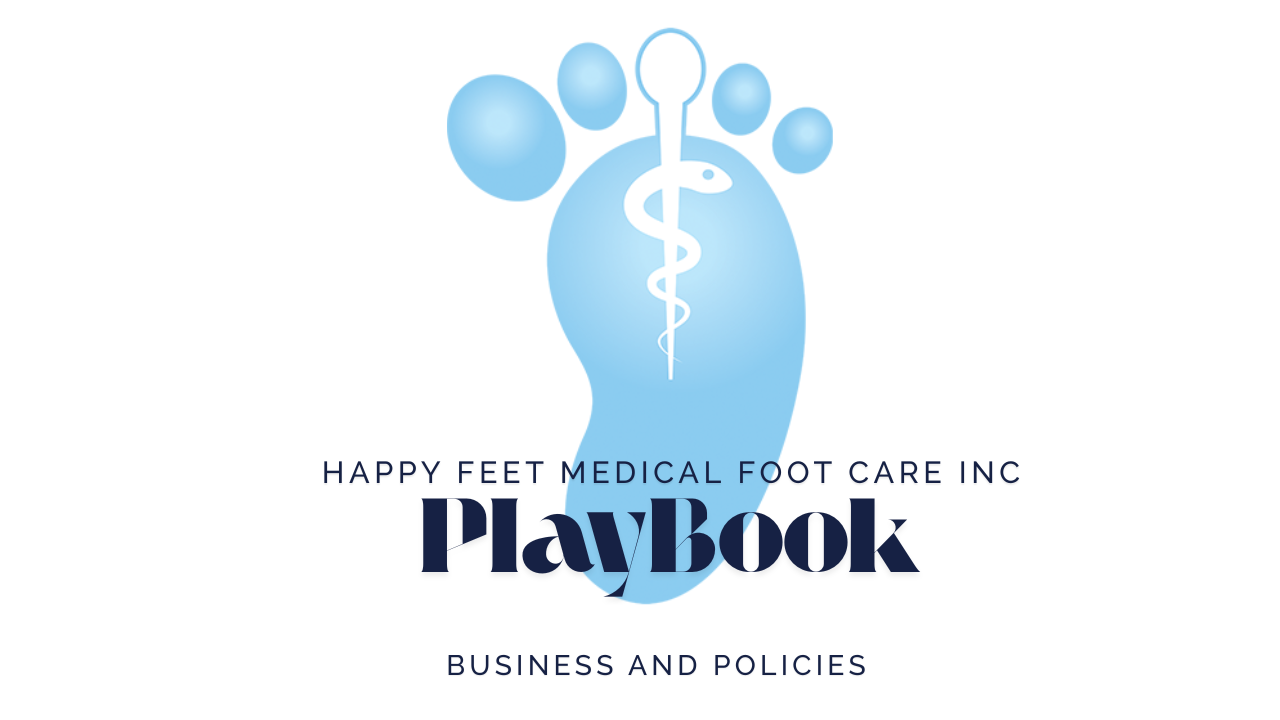Why Product Sales Are Client Advocacy in Disguise
Aug 01, 2025
When I first started my journey as an independent nurse, I was extremely hesitant to dive into product sales. I didn’t want my clients to feel like I was trying to squeeze every last dollar out of them. I was nervous that offering products in my clinic would blur the lines of trust, and I certainly didn’t want to come across as salesy. So instead, I pointed them to their local pharmacy, told them what ingredients to look for, and hoped for the best.
But something wasn’t working.
Despite thoughtful care plans, many clients plateaued—they weren’t getting worse, but they weren’t improving either. That “satisfactory” level of care didn’t sit well with me. I knew I could do better. And that’s when I realized: offering trusted products directly isn’t about making money. It’s about improving outcomes.
As my clinical experience deepened, so did my understanding of the overwhelming number of foot care products on the market. I needed to find out which ones actually worked—and who better to help me than the people I care for every day? I began purchasing products myself, offering them to clients at no cost, and gathering honest feedback. Moisturizers, neuropathic pain creams, silicone moldings—if I was going to recommend it, I wanted to see the results firsthand.
I built my retail shop from the ground up with my clients as co-pilots. Over time, I curated a collection of products that actually support the care plans I build. These items aren’t just good—they’re the real deal.
Now, you might ask: why not let pharmacies handle this? Here’s the problem—how many times have we sent a client to buy something, and they couldn’t find what we recommended? Or worse, they come back with a “better” version the pharmacist suggested, like medicated corn pads instead of a proper toe separator? And like yours I'm sure, many of my clients don’t shop online and wouldn’t know where to begin.
Once I finally embraced retail as a legitimate part of my clinic, I saw a shift—my clients experienced better results. Their progress accelerated. They weren’t stuck in that cycle of “just okay.”
But let’s be clear: we’re nurses first. In Ontario, the College of Nurses prohibits profiting off patients. I take that seriously. That’s why I separate my retail from my clinical care. During treatment, I never use brand names. I focus on ingredients and explain why a certain formulation will help them meet their goals. I use only the products I believe in. When clients leave the treatment room, they’re fully educated and empowered to make their own decisions—whether that means purchasing from my clinic or sourcing products elsewhere.
There’s no pressure. No hard sell. Just transparency and trusted advice.
If a client sees something in the retail space and wants to know more, I’m happy to explain. But by that point, they already understand what they need and why. And more often than not, they choose to purchase what I have curated—not because I sold it to them, but because it works.
The products I stock are tested, client-approved, and built into care plans with intention. They’re not about profit. They’re about performance.
So yes, I run a retail space. But more than that, I run a clinic rooted in outcomes. If providing the right tools helps my clients heal better and faster, then offering those tools isn’t just part of my business—it’s part of my advocacy.

